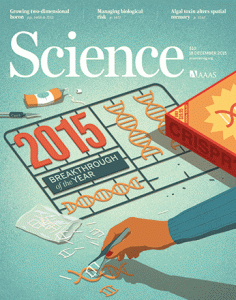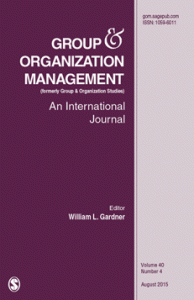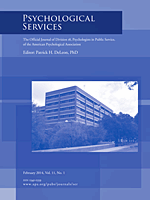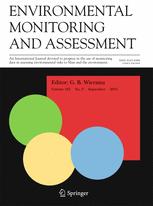Key assertions in a paper on homosexuality have been removed from the Journal of the Islamic Medical Association of North America, in what the notice describes as a “partial retraction.”
The 2006 article “Homosexuality: An Islamic Perspective,” states that conversion therapy can be effective, and that gay people have poorer health. Those statements are among those that lack evidence, according to a note on the paper published in July. The retraction pulls those assertions, among others, and instead argues that a homosexual person should be helped to “accept his or her LGB identity,” and find a welcoming community.
The 2006 article is definitely a perspective — it states the opinion of the sole author, M. Basheer Ahmed, who has a private psychiatry practice in Texas, as to whether homosexuality is a choice. He thinks yes, though the science on the matter is fairly clear that it’s not.
But we still think it’s interesting that a journal chose to take back some of the statements contained in the article. Here’s the abstract from the “partial retraction” note:
Continue reading Author retracts statements about gay conversion therapy






 The
The 
 An environmental journal is retracting an article about the risks of pesticides to groundwater after determining it contained data that “the authors did not have permission (implicit or explicit) to publish.”
An environmental journal is retracting an article about the risks of pesticides to groundwater after determining it contained data that “the authors did not have permission (implicit or explicit) to publish.”